Cero21
TPF Noob!
- Joined
- May 6, 2007
- Messages
- 125
- Reaction score
- 0
- Location
- Canada
- Can others edit my Photos
- Photos OK to edit
I was wondering what type of shutter speeds I should be using for night time city pics (skyline type stuff).
The P setting on my Olympus E510 sets the aperture wide (like F4) and shutter relativity short 4-5 sec.
Is it better to have longer shutter speeds (like around 30 sec) with the Aperture smaller (~F20) or a larger aperture with faster shutters? Which will provide sharper images?
Here is an example of what I've been shooting.

The P setting on my Olympus E510 sets the aperture wide (like F4) and shutter relativity short 4-5 sec.
Is it better to have longer shutter speeds (like around 30 sec) with the Aperture smaller (~F20) or a larger aperture with faster shutters? Which will provide sharper images?
Here is an example of what I've been shooting.



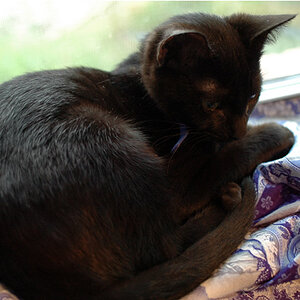
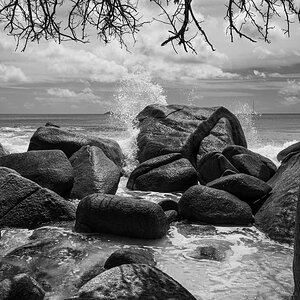
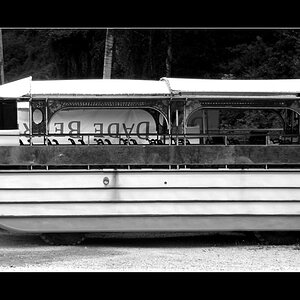
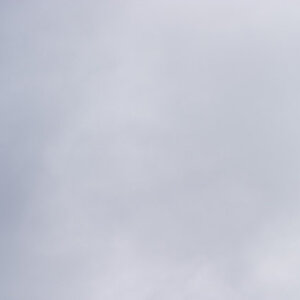
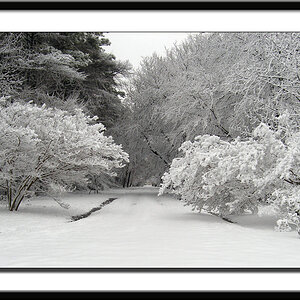
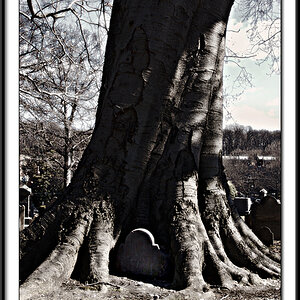
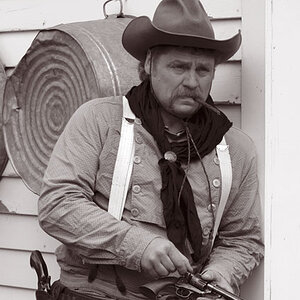
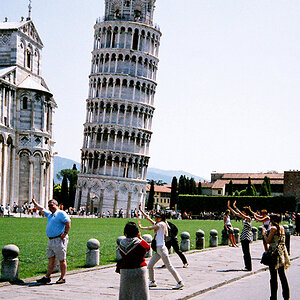
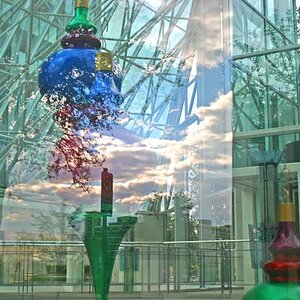
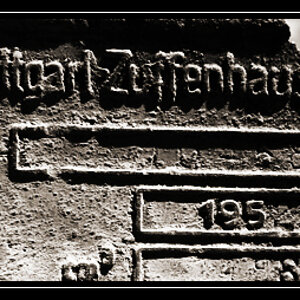
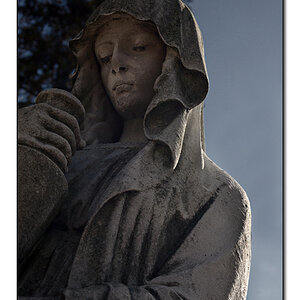
![[No title]](/data/xfmg/thumbnail/34/34121-bdee2cb53518626b080a38730454dd5b.jpg?1619736291)